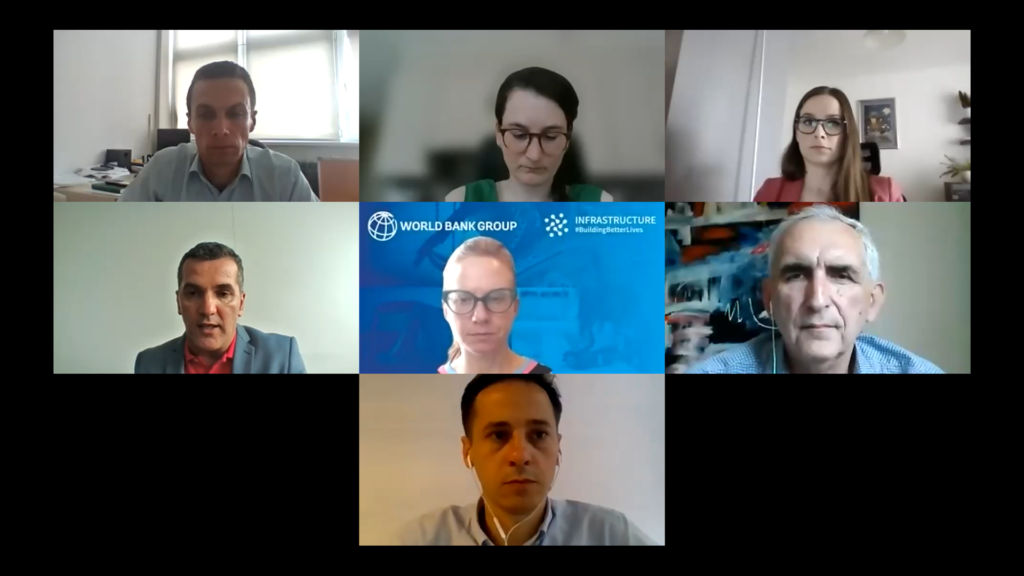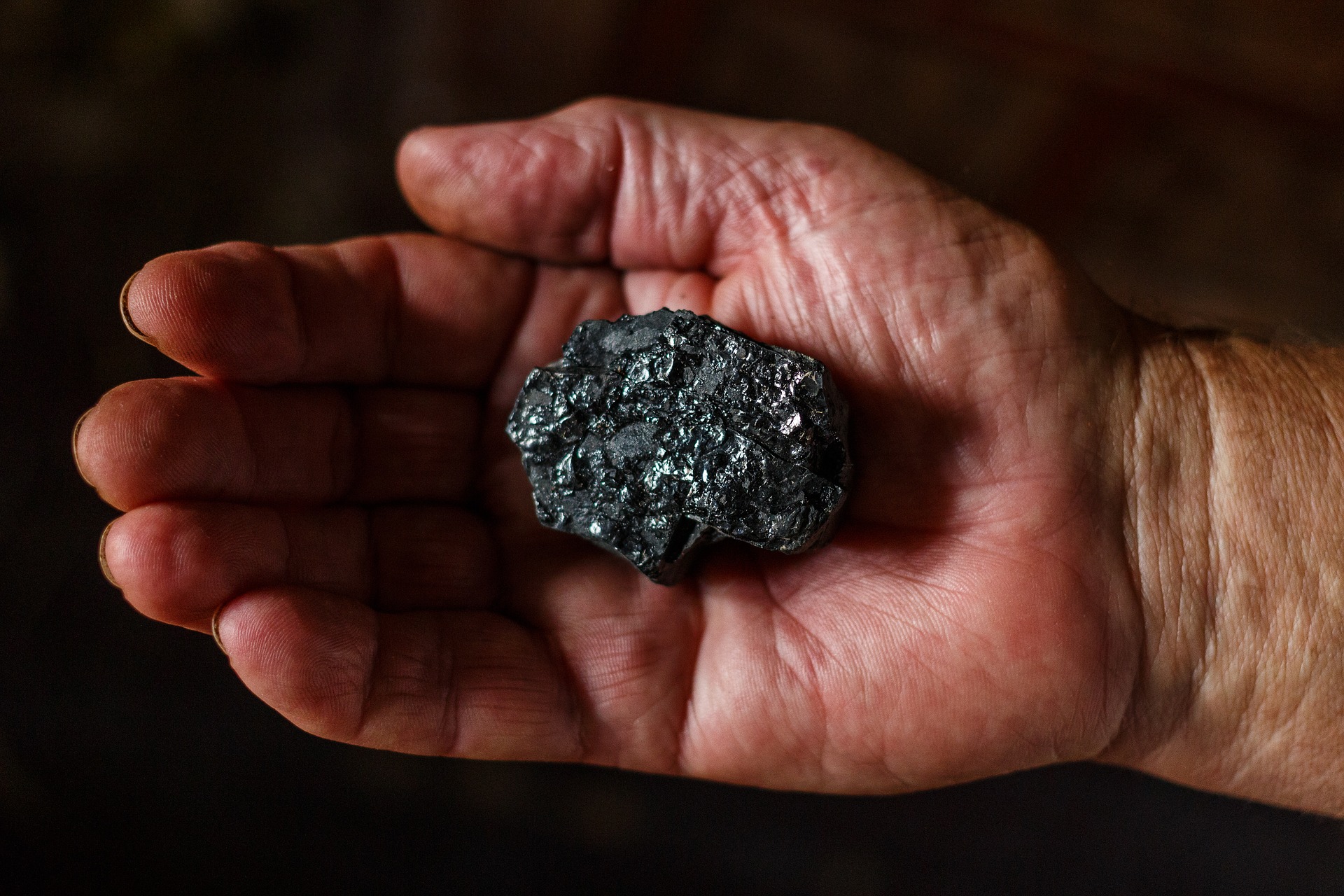On the 10th of June, more than a hundred people with different backgrounds and professions gathered at an online session to listen and discuss the present and future of the coal phase-out in Bosnia and Herzegovina (BiH). The webinar included a series of short presentations by experts from Stockholm Environment Institute, European Commission, World Bank, European Bank for Reconstruction and Development, RESET Sustainable Energy Transition Center, Instrat and EPBiH power utility to discuss the upcoming challenges and opportunities for coal regions in BiH. Damir Miljević, Member of Managing Board at the RESET Sustainable Energy Transition Center started the webinar with some hard facts – about 13.6 million tons of coal is produced in BiH annually and the share of coal-fired electricity in total annual production is about 60-72 %. In addition, more than 50% of produced heat is based on coal. However, the existing production of coal and electricity from coal is inefficient, unprofitable, and brings losses to electricity companies. According to Mr. Miljević, “Coal phase-out and energy transition is not just Bosnia and Herzegovina obligation to the Paris Climate Agreement, the Energy Community Treaty and the Sofia Declaration, it is economically the only rational decision.”

Claudia Strambo, a research fellow from the Stockholm Environment Institute, resonated with these thoughts by saying that the transition away from coal will have significant implications for workers and communities that currently depend on coal for their livelihoods. Therefore, it is important to navigate this shift fairly, find a way to mitigate the hardship that the transition implies, and ensure that the arising opportunities are distributed fairly across society. Ms. Strambo introduced in her presentation the concept of just transition and the seven principles that act as a guide to plan and design the transition processes and actions that are needed. The transition needs to happen with a wide participation of stakeholders in an inclusive and meaningful way. To support a short-term and long-term just transition for the affected workers and communitities there is also a need for external support from local governments to international agencies. As an example can be mentioned the importance to provide re-skilling for the workers, up-scaling of safety nets, help in job-seeking, mental health counselling and financial planning. Representatives of European Commission, World Bank and European Bank for Reconstruction and Development introduced several initiatives and collaborations such as World Bank’s Just Transition in Coal Regions approach, EU Initiative for Coal Regions in Transition in the Western Balkans and Ukraine EBRD’s Just Transition Initiative that will play an important role in supporting the just transition processes. While planning the support, the chosen approach should be tailored to unique challenges and opportunities that particular coal regions are facing, as Dr Rachel Perks, Senior Mining Specialist from World Bank emphasised.
Find the recording of the webinar “Transition away from coal in BiH: what does it mean, how might it be done, what can be learned from other countries” HERE.
Presentations are available HERE.







